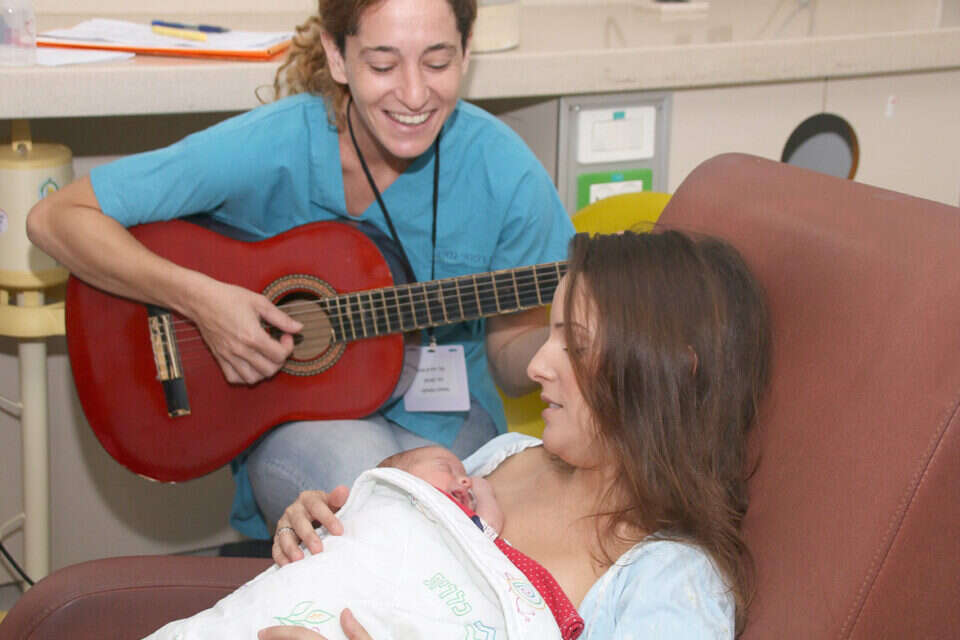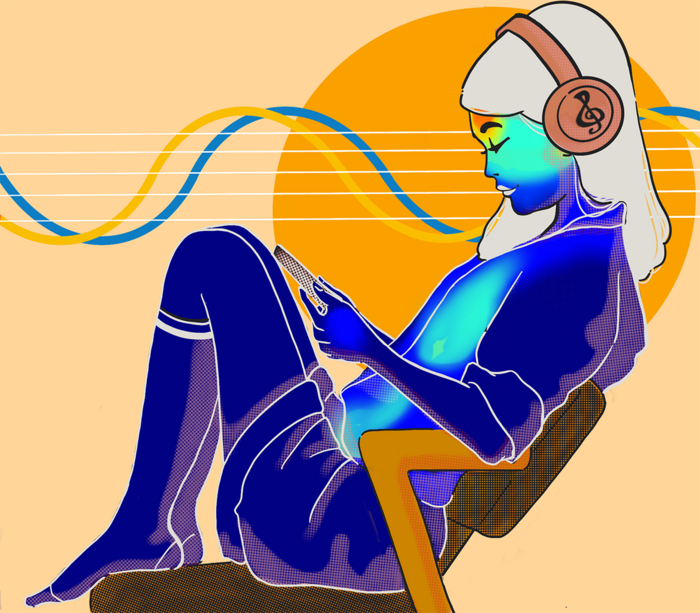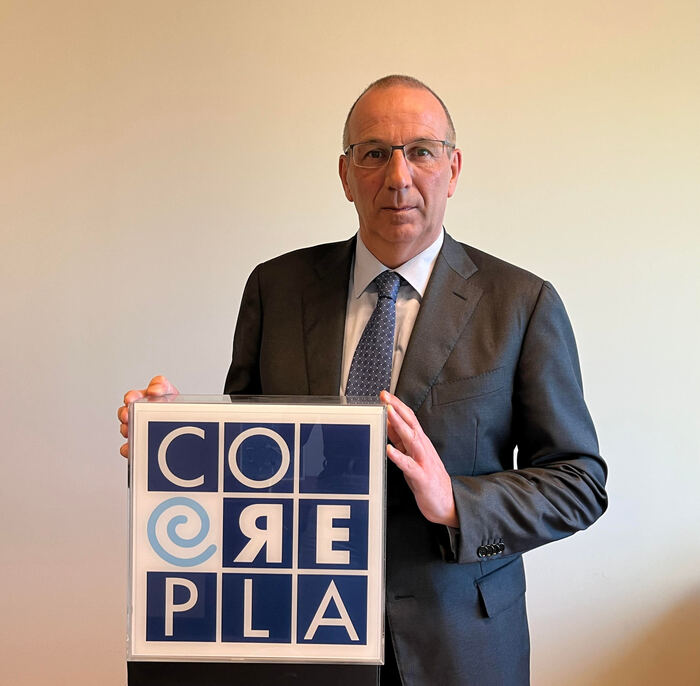An Israeli study found that playing music to preterm infants contributes to the stability of their nervous system and helps cope with stressful situations,
reduces anxiety levels after treatments and contributes to the ability to cope with various stimuli.
The study was conducted at the Meir Hospital in Kfar Saba.
The effect of music on infants has been studied at a time when the baby is still in the womb and has since been found to contribute to weight gain in preterm infants.
But a new Israeli study has found that playing music has a beneficial effect on the autonomic nervous system.
68 preterm infants and 79 parents participated in the study.
The families received preterm music treatments at Meir Medical Center and follow-up treatment at the age of three months at home.
The study examined the effect of music therapy in combination with kangaroo (skin-to-skin) posture in young preterm infants and their parents.
Baby prematurely inside an incubator, Photo: Getty Images / iStockphoto
The songs played to preterm infants were at the parents' choice, in any genre and any song to which the parents connect.
The selected song has been reworked into a relaxed rhythm of lullabies.
Alongside the parent's voice, which is the most important, was accompanied by the playing of a guitar or an ocean drum that mimics the sounds of the intrauterine environment.
The study first examined a physiological measure called "heart rate variability," which gives an indication of the brain's response to stimuli and stress stimuli.
The researchers examined the change in the activity of the preterm infants' nervous system by measuring the heart rate and the time interval between beats of the heart.
It was found that among preterm infants who were in a kangaroo position and received music therapy, the heart rate variability was in the optimal high range, in marked difference from the control group.
The music therapy group had an increase of about 10 Hertz units from the beginning of the therapy to the end.
In contrast, in the control group (without music therapy) there was an increase of only 4.2 Hz, i.e. less than half.
This means that the music therapy group showed higher autonomous stability.
These findings suggest that music therapy resulted in a better balance of the autonomic nervous system, leading to a state of calm in the nervous system.
Dr. Dana Jacobson, a music therapist at Clalit Group's Meir Medical Center, commented on the study, saying:
"It is important to support parents' live singing for their preterm infants, but keep in mind that the parents themselves face very high levels of stress, both due to the premature birth and the hospitalization in preterm infants, and therefore they also need support and inclusion in this difficult situation."
The current study is part of a doctoral dissertation by Dr. Dana Jacobson, a music therapist, accompanied by an international team from the University of Aalborg in Denmark, and was published in the prestigious scientific journal Children.
The study was supported and accompanied from the beginning by Professor Shmuel Arnon, director of the neonatal unit and Professor Ita Litmanowitz, former director of preterm birth at Meir Medical Center.
Were we wrong?
Fixed!
If you found an error in the article, we'll be happy for you to share it with us







/cloudfront-eu-central-1.images.arcpublishing.com/prisa/Z7MKM645QBGTJOMIIEOGHFZOV4.jpg)

